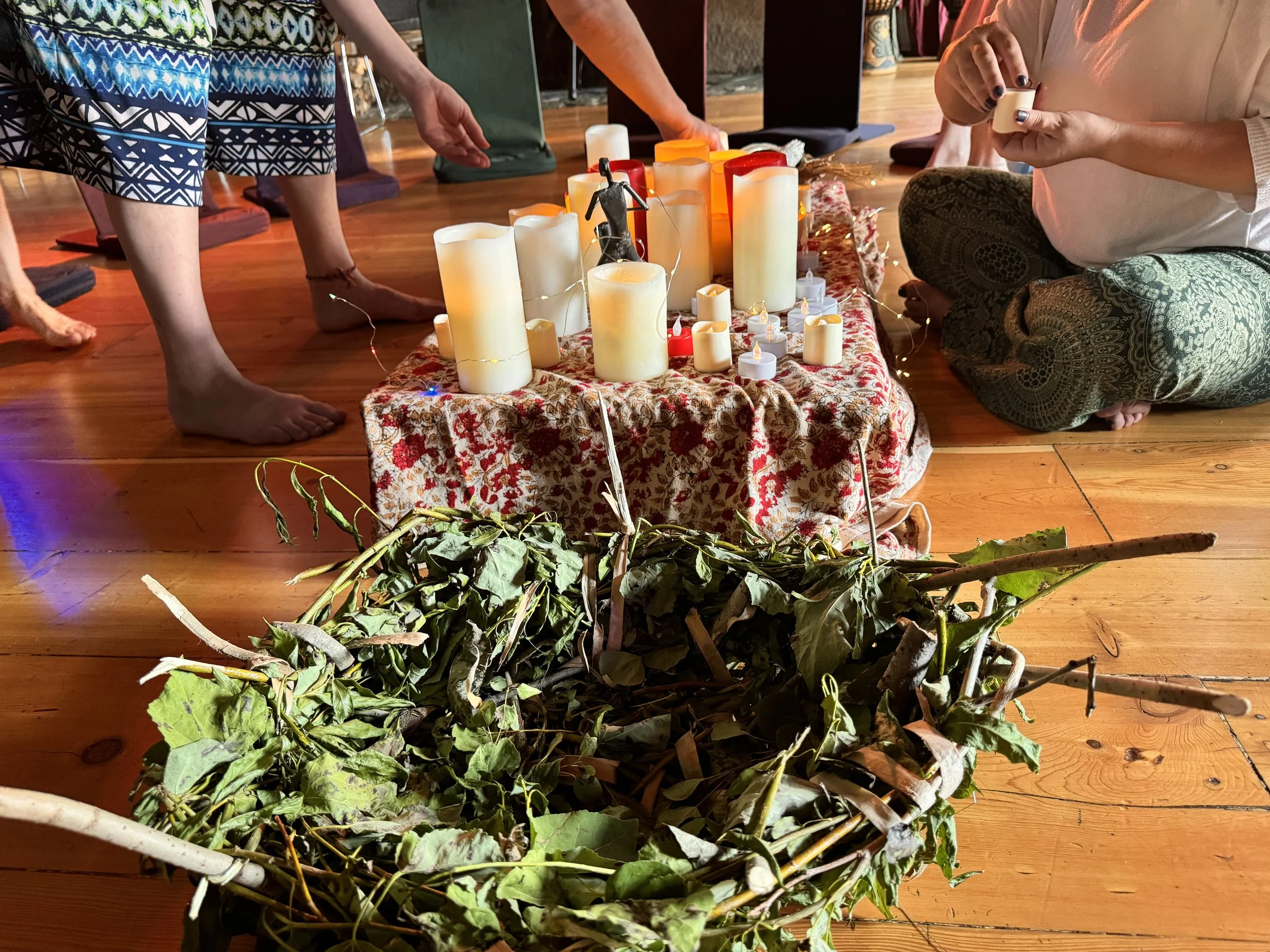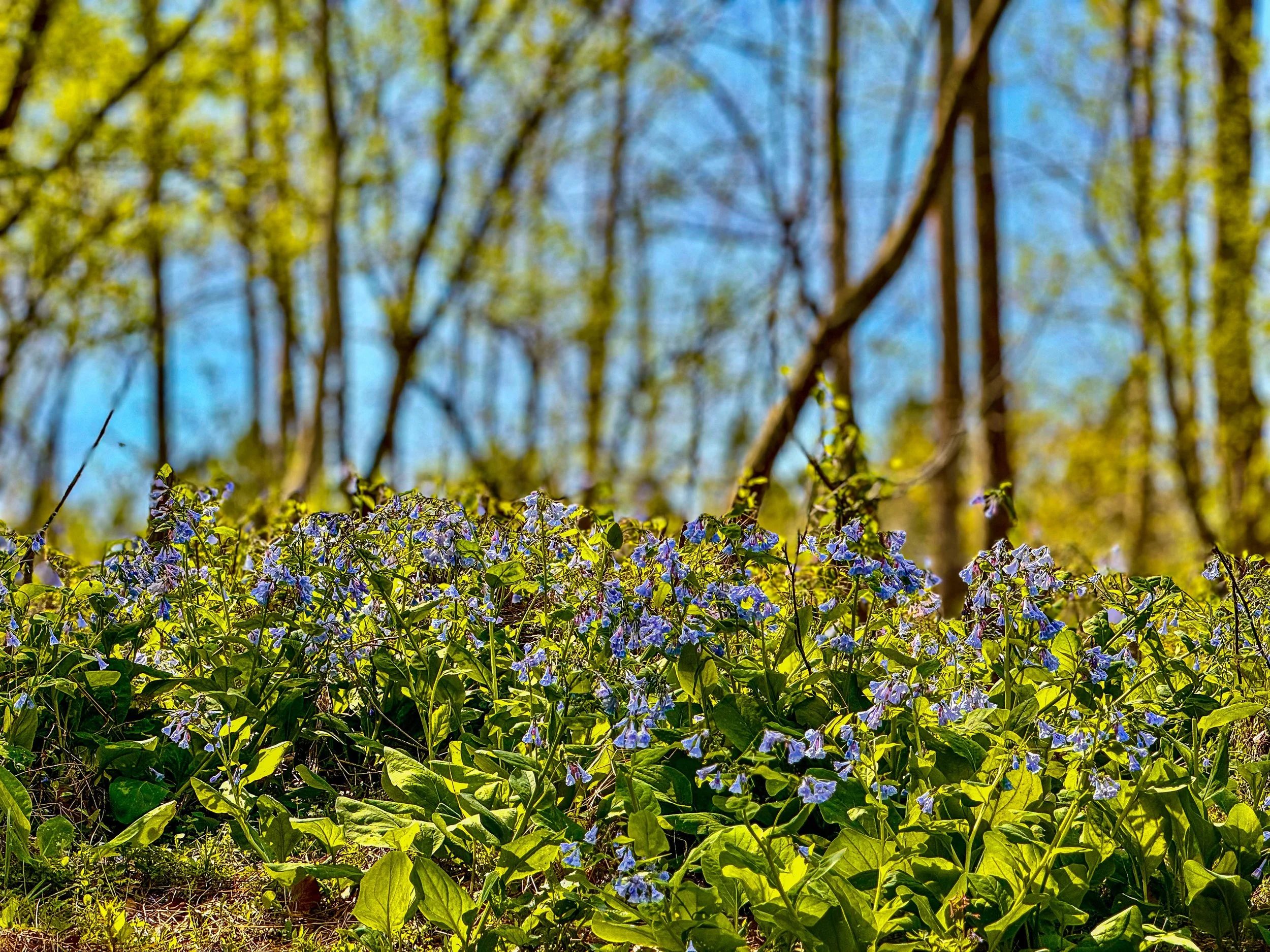Contemplative practices hold immense power. The breath can steady a jittery heart, a skillful stretch can unwind tension, silence can murmur quiet truths. Mindfulness, yoga, rhythm, music, time in nature—all of them are powerful tools for helping to make sense of life.
But no amount of practice can rewrite a fundamental contract of being alive: pain and hardship will touch everyone, and no practice offers a permanent get-out-of-struggle-free card.
These lighthouses in life’s storms offer solace and clarity—and joy. Yet I wonder these days whether it’s important that we don’t mistake comfort for transformation. The inner work we do in a yoga practice, just for starters, isn’t only about cultivating calm; it’s about building the resilience necessary to meet the world as it is, rather than retreating into how we wish it was. The world doesn’t change for the better through rituals alone—it insists on our active presence and engagement. We can't just smudge our way out of this.
Showing Up
Author Annie Dillard emphasizes the urgency of presence:
We are here to abet creation and to witness it, to notice each thing so each thing gets noticed. Together we notice not only each mountain shadow and each stone on the beach but we notice each other's beautiful face and complex nature so that creation need not play to an empty house.
Paying attention is an act of defiance against passivity. It's a refusal to live an anesthetized life, an insistence on being fully present, even when reality is uncomfortable. The purpose of inner work is not simply to feel better but to develop the strength to step into the chaos with clarity and steadiness, ready to face what needs to be faced.
Existence unfolds in real time, and our attention is required—whether we like it or not. It's not only about Instagram-worthy sunrise meditations where everyone looks dreamy, serene, and enlightened, but also about unglamorous moments when life serves up a reality check. Our mindfulness isn't only needed in dreamy, soft-focus moments, but in the harsh glare of injustice, the trembling hands of grief, and the relentless urgency of a world that is demanding engagement.
The gift of contemplative practice isn’t escape—it’s basic training. Stillness helps us navigate upheaval with a little more grace and just enough moxie to keep things interesting. We don’t cultivate non-reactivity to avoid confrontation; we do it so we can face confrontation without immediately saying or doing something we’ll regret. We hear a lot about “breathing through discomfort,” which, let’s be real, can sound about as satisfying as taking a deep breath while stepping barefoot on a Lego. But maybe what we’re really doing is growing our capacity to bear witness without bolting for the exit.
Bearing witness is hardly passive—it's the foundation of meaningful action. Maybe deep attention allows the world to imprint on the soul a little better, rousing a response that isn't reactive or fear-driven, but lucid.
Are you, too, getting a sense that our practices can be a vital sanctuary but that we would be wise to to not let them become a hiding place? Let's not mistake stillness for disengagement, nor peace as license to ignore suffering. Eyes open, heart steady—the house is not empty. The show is unfolding, moment by moment.
And it is asking to be witnessed.








